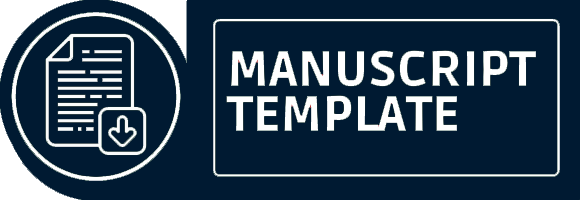Open Access Policy
This journal provides immediate open access to its content on the principle that making research freely available to the public supports a greater global exchange of knowledge.
Abstracting and Indexing
This title has been indexed by:
- Google Scholar
- GARUDA
Publication Ethics and Malpractice Statement
Journal of Education and Language Community Service is committed to maintaining the highest ethical standards for all parties involved in the act of publishing in a peer-reviewed journal: the authors, the editors, the peer reviewers, and the publisher. The journal follows the principles of publication ethics and malpractice based on the standards of the Committee on Publication Ethics (COPE). All articles not in accordance with these standards may be removed from the publication at any time, even after publication. In accordance with this code of conduct, the journal will report any cases of suspected plagiarism or duplicate publishing to the relevant authorities. The journal reserves the right to use plagiarism-detecting software to screen submitted papers at all times.
EDITOR RESPONSIBILITIES
- Accountability and Plagiarism: Editors are accountable and responsible for deciding which articles submitted to the journal should be published. They are guided by the journal’s policies and applicable legal requirements regarding libel, copyright infringement, and plagiarism. All submissions are routinely checked with plagiarism detection software, with an acceptance rate for similarity <20%. Editors may confer with other editors or reviewers when making decisions.
- Fair Play: Editors evaluate manuscripts based solely on their intellectual content without regard to authors’ race, gender, sexual orientation, religious belief, ethnic origin, citizenship, or political philosophy.
- Confidentiality: Editors and editorial staff must not disclose any information about submitted manuscripts to anyone other than the corresponding author, reviewers, potential reviewers, editorial advisers, and the publisher, as appropriate.
- Disclosure and Conflicts of Interest: Privileged information or ideas obtained through peer review must remain confidential and not be used for personal advantage. Editors must avoid handling manuscripts where conflicts of interest exist.
REVIEWER RESPONSIBILITIES
- Reviewers must keep all information regarding manuscripts confidential.
- Manuscripts deemed suitable are sent to at least two reviewers for double-blind peer review. All submissions, including those from editorial board members, undergo the same process.
- Reviewers evaluate manuscripts objectively, focusing on originality, clarity, and contribution, without discrimination based on gender, religious belief, citizenship, ethnicity, or political orientation.
- Reviewers must notify the Editor-in-Chief if they find ethical issues, plagiarism, or other violations in a manuscript.
- Reviewers who feel unqualified to assess a manuscript or unable to provide timely feedback must inform the Editor-in-Chief and withdraw from the process.
- Reviewers provide constructive feedback and recommendations to improve the quality of the manuscript.
AUTHOR RESPONSIBILITIES
- Reporting Standards: Authors must present their findings clearly, honestly, and without fabrication, falsification, or inappropriate manipulation. Research methods must be described transparently for replication.
- Originality and Plagiarism: Submissions must be original, not plagiarized, and not published elsewhere. Proper acknowledgment of sources must be provided, with quotations and citations used appropriately.
- Data Access and Retention: Authors may be asked to provide raw data for editorial review and should retain such data for a reasonable period after publication.
- Ethics: Authors must ensure their research complies with ethical standards and relevant legislation.
- Disclosure and Conflicts of Interest: Authors must disclose any financial or other conflicts of interest that could influence results or interpretation. All sources of funding must be acknowledged.
- Authorship: Authorship must be limited to those who made significant contributions to the study. All co-authors must approve the final version of the manuscript and agree to its submission.
- Multiple or Redundant Publication: Authors should not publish essentially the same research in more than one journal or primary publication. Submitting the same manuscript to multiple journals is considered unethical.
- Errors in Published Works: If authors discover significant errors or inaccuracies in their published work, they must promptly notify the editor or publisher and cooperate in correcting or retracting the paper.





